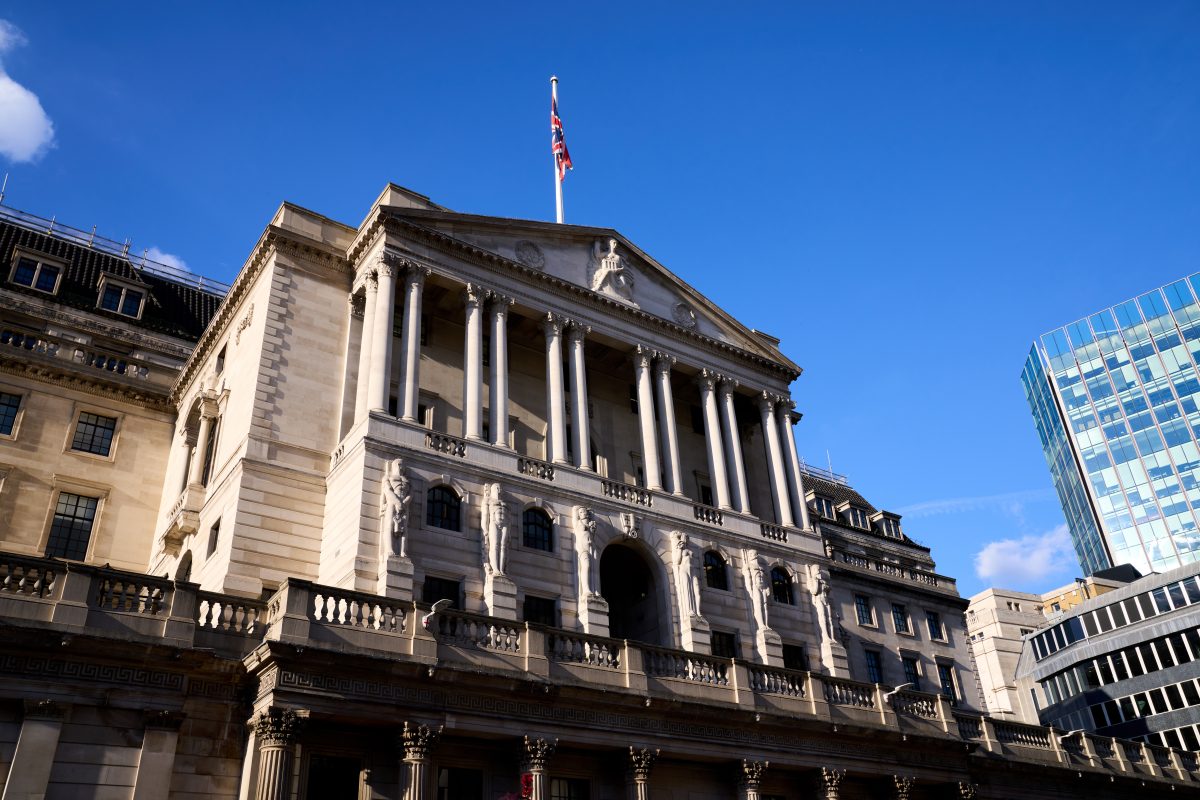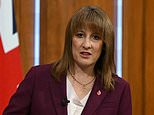Business
Inflation Climbs to 3.8% as Bank of England Faces Rate Decision

Inflation in the United Kingdom rose to 3.8% for the year ending in August 2023, according to the latest data from the Office for National Statistics (ONS). This increase serves as a critical indicator for policymakers at the Bank of England, who are set to vote on interest rates on Thursday. The current inflation figure mirrors the previous month’s reading, leading many economists to anticipate that the central bank will opt to maintain interest rates in their upcoming meeting.
Economists are particularly focused on the implications of high inflation in food prices and services, as these factors significantly influence public perceptions of the cost of living and wage pressures. The ONS reported that services inflation stood at 4.7%, a slight decrease from the 5% recorded in July. In contrast, core food price inflation climbed to 5.1%, surpassing last month’s figure.
The potential for further price growth looms, as the Bank of England previously forecasted inflation to exceed its target of 2% in September. In its recent monetary policy report, the bank projected that inflation would only return to the target level by 2027. This persistent inflation presents ongoing challenges for policymakers, especially as they work to address the economic needs of households.
Chancellor Rachel Reeves is reportedly exploring options to alleviate the financial burden on households, including plans to reduce energy bills by potentially exempting them from VAT. The combination of persistent inflation and delays in the upcoming Budget is likely to weigh heavily on the minds of decision-makers as they approach Thursday’s interest rate decision.
The Shadow Monetary Policy Committee from City AM voted 8-1 in favor of holding interest rates steady, with most economists suggesting that a pause in rate hikes would be more appropriate given the current inflationary environment. Vicky Pryce, chief economics adviser to the British Chambers of Commerce, was the only committee member advocating for a 25 basis point cut, citing stagnation in the UK economy as a pressing concern.
As the discussion unfolds, other members of the committee noted the loosening in the UK jobs market, which could further dampen price growth in the coming year. While forecasters generally anticipate that the Bank of England will hold interest rates steady, many are attentive to any shifts in language that might indicate a tightening of monetary policy.
Votes from two of the Monetary Policy Committee’s more dovish members, Alan Taylor and Swati Dhingra, will be crucial in determining whether the rate-setters are still inclined towards faster rate cuts. The outcome of this impending decision could have significant implications for the UK economy as it navigates these challenging inflationary conditions.
-

 Entertainment3 months ago
Entertainment3 months agoAnn Ming Reflects on ITV’s ‘I Fought the Law’ Drama
-

 Entertainment4 months ago
Entertainment4 months agoKate Garraway Sells £2 Million Home Amid Financial Struggles
-

 Health3 months ago
Health3 months agoKatie Price Faces New Health Concerns After Cancer Symptoms Resurface
-

 Entertainment3 months ago
Entertainment3 months agoCoronation Street’s Carl Webster Faces Trouble with New Affairs
-

 Entertainment2 months ago
Entertainment2 months agoWhere is Tinder Swindler Simon Leviev? Latest Updates Revealed
-

 Entertainment4 months ago
Entertainment4 months agoMarkiplier Addresses AI Controversy During Livestream Response
-

 Science1 month ago
Science1 month agoBrian Cox Addresses Claims of Alien Probe in 3I/ATLAS Discovery
-

 Entertainment4 months ago
Entertainment4 months agoKim Cattrall Posts Cryptic Message After HBO’s Sequel Cancellation
-

 Entertainment2 months ago
Entertainment2 months agoOlivia Attwood Opens Up About Fallout with Former Best Friend
-

 Entertainment3 months ago
Entertainment3 months agoMasterChef Faces Turmoil as Tom Kerridge Withdraws from Hosting Role
-

 Entertainment4 months ago
Entertainment4 months agoSpeculation Surrounds Home and Away as Cast Departures Mount
-

 World2 months ago
World2 months agoCole Palmer’s Mysterious Message to Kobbie Mainoo Sparks Speculation





















